PLYMOUTH, UK: Though dentistry can be a highly stressful field to work in at times, little research has been done into how time pressure can affect a dentist’s performance. A new study led by researchers at the University of Plymouth has sought to correct this somewhat by showing that dentists can miss important details in radiographs when short on time.
Forty dentists from the south-west of England participated in the study, in which they examined and provided a radiographic report on a set of dental radiographs, both with and without time pressure. When given limited time for assessment, the study participants missed 67 per cent of bone loss and 40 per cent of dental caries in their given sample radiographs.
All 40 of the dentists were, on average, able to correctly diagnose all the pathologies related to bone loss and caries when not faced with time pressure.
The research was led by Anastasios Plessas, National Institute for Health Research Academic and Clinical Fellow in General Dental Practice at the Peninsula Dental School of the University of Plymouth, in collaboration with the School of Psychology at the university.
“I conducted this research as there are no other studies out there evaluating the performance of dentists under time pressure, and it’s a really important issue,” said Plessas.
“This work showed a significant deterioration of dentists’ diagnostic performance when examining X-rays under time pressure. Diagnostic errors may put patient safety at risk. Underdiagnosis may lead patients to be needing more complex treatment in the future or even extraction of teeth unnecessarily. This study shows that we shouldn’t be cutting appointment times in order to fit more people in, but looking at other ways to meet the patient needs,” Plessas concluded.
The study, titled “Impact of time pressure on dentists’ diagnostic performance,” was published in the March 2019 issue of the Journal of Dentistry.
Tags:
LONDON, UK: Currently, six million people in the UK are supplied with fluoridated water, and around 300,000 are supplied with water which contains naturally...
PLYMOUTH, UK: In a recent study, researchers investigated the role of oral bacteria in the development of brain abscesses. They found that the samples of ...
LONDON, England: The UK government has launched a 12-week consultation proposing a ban on sales of high-caffeine energy drinks to under-16s. This ...
LONDON, UK: The British Dental Association has rejected the results of a new Which? study that indicate dentists are to blame for confusion about dental ...
CHICAGO, U.S.: With the overprescription of opioids causing many severe health and addiction issues in the U.S., it is imperative that dental professionals ...
LEEDS, UK: Though dental fillings are an established method of treating the presence of dental caries in permanent dentition, their usefulness for treating ...
LONDON, UK/ROME, Italy: That the consumption of sweet, carbonated and alcoholic drinks—which are all main characteristics of Prosecco—lead to tooth ...
BELFAST, UK: According to a new study by researchers at Queen’s University Belfast, aspirin could reverse the effects of dental caries. According to the ...
GUILDFORD, UK: Many people still smoke despite warnings and information regarding the health-damaging consequences. In a new study researchers from the ...
LONDON, UK: Though teething is a difficult experience for both parents and their babies, a judicious decision-making process should be employed when ...
Live webinar
Tue. 24 February 2026
6:00 pm UTC (London)
Prof. Dr. Markus B. Hürzeler
Live webinar
Tue. 24 February 2026
8:00 pm UTC (London)
Prof. Dr. Marcel A. Wainwright DDS, PhD
Live webinar
Wed. 25 February 2026
4:00 pm UTC (London)
Prof. Dr. Daniel Edelhoff
Live webinar
Wed. 25 February 2026
6:00 pm UTC (London)
Live webinar
Thu. 26 February 2026
1:00 am UTC (London)
Live webinar
Tue. 3 March 2026
4:00 pm UTC (London)
Dr. Omar Lugo Cirujano Maxilofacial
Live webinar
Wed. 4 March 2026
1:00 am UTC (London)
Dr. Vasiliki Maseli DDS, MS, EdM



 Austria / Österreich
Austria / Österreich
 Bosnia and Herzegovina / Босна и Херцеговина
Bosnia and Herzegovina / Босна и Херцеговина
 Bulgaria / България
Bulgaria / България
 Croatia / Hrvatska
Croatia / Hrvatska
 Czech Republic & Slovakia / Česká republika & Slovensko
Czech Republic & Slovakia / Česká republika & Slovensko
 France / France
France / France
 Germany / Deutschland
Germany / Deutschland
 Greece / ΕΛΛΑΔΑ
Greece / ΕΛΛΑΔΑ
 Hungary / Hungary
Hungary / Hungary
 Italy / Italia
Italy / Italia
 Netherlands / Nederland
Netherlands / Nederland
 Nordic / Nordic
Nordic / Nordic
 Poland / Polska
Poland / Polska
 Portugal / Portugal
Portugal / Portugal
 Romania & Moldova / România & Moldova
Romania & Moldova / România & Moldova
 Slovenia / Slovenija
Slovenia / Slovenija
 Serbia & Montenegro / Србија и Црна Гора
Serbia & Montenegro / Србија и Црна Гора
 Spain / España
Spain / España
 Switzerland / Schweiz
Switzerland / Schweiz
 Turkey / Türkiye
Turkey / Türkiye
 UK & Ireland / UK & Ireland
UK & Ireland / UK & Ireland
 International / International
International / International
 Brazil / Brasil
Brazil / Brasil
 Canada / Canada
Canada / Canada
 Latin America / Latinoamérica
Latin America / Latinoamérica
 USA / USA
USA / USA
 China / 中国
China / 中国
 India / भारत गणराज्य
India / भारत गणराज्य
 Pakistan / Pākistān
Pakistan / Pākistān
 Vietnam / Việt Nam
Vietnam / Việt Nam
 ASEAN / ASEAN
ASEAN / ASEAN
 Israel / מְדִינַת יִשְׂרָאֵל
Israel / מְדִינַת יִשְׂרָאֵל
 Algeria, Morocco & Tunisia / الجزائر والمغرب وتونس
Algeria, Morocco & Tunisia / الجزائر والمغرب وتونس
 Middle East / Middle East
Middle East / Middle East




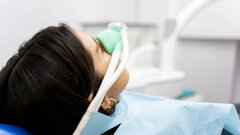






















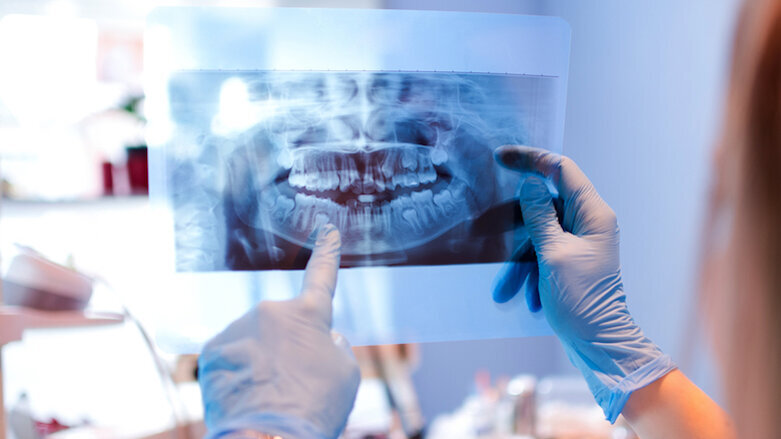




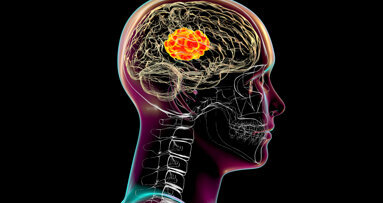



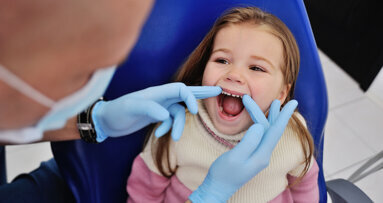

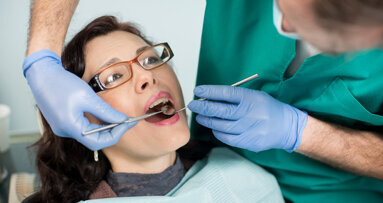
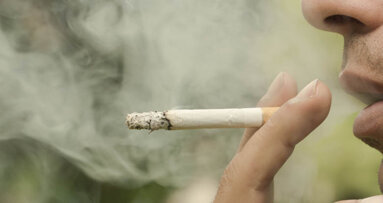










To post a reply please login or register